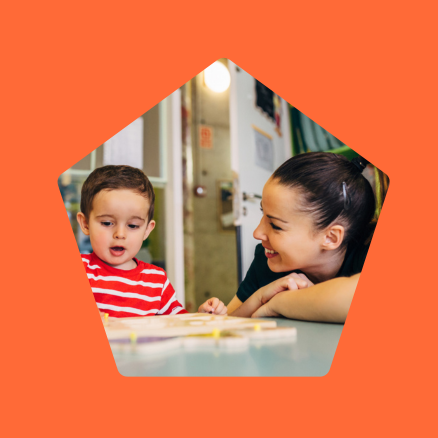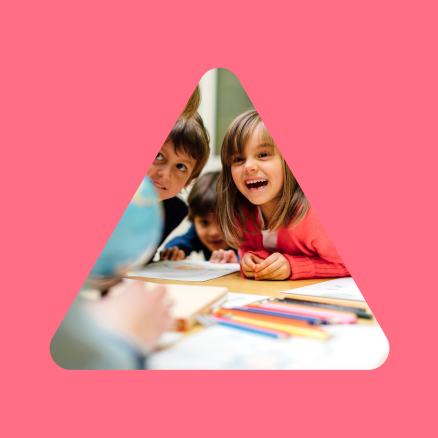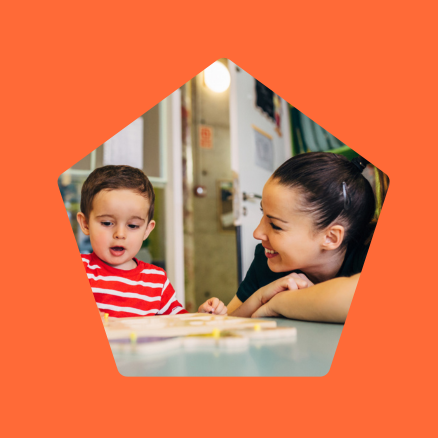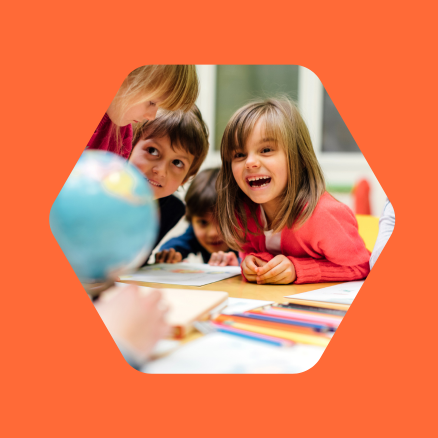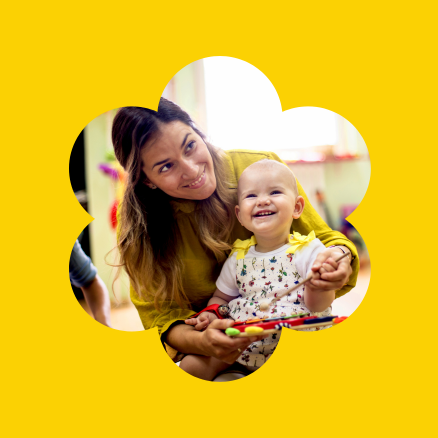Certificate III Early Childhood Education and Care Qualifications
Early childhood educators are in demand in Australia, and the sector is experiencing strong growth. If you're keen to start working in this rewarding field, understanding the key information of a Certificate III in Early Childhood Education and Care is your first step.
What is a Certificate III in Early Childhood Education and Care?
A Certificate III in Early Childhood Education and Care is an entry level qualification and acts as the foundation for people aspiring to work in the early childhood education sector. With this qualification, you can provide education and care to children in a range of different service offerings, building the key skills and knowledge to support the learning and development of children aged zero to five years old.
What does the Certificate III cover?
The Certificate III covers a number of topics essential for providing quality care and education to young children. The core units may vary depending on the tertiary institution you choose to study at. Broadly speaking, some of these include:
- Plan, undertake and evaluate educational early childhood programs
- Facilitate play and ensure children’s health and safety while supporting development and learning
- Creating learning environments that are both inclusive and engaging
- Implementation of relevant health and safety practices as well as legal and industry requirements
- Build effective rapport, communication and engagement skills with both children and families
Prerequisites for Certificate III
There are no entry requirements for the Certificate III course. In some cases, tertiary institutions may set their own entry requirements, such as meeting set literacy and numeracy standards. Other general requirements may include:
- Be at least 18 years old
- Finished Year 10 or equivalent
- Meet any further entry criteria set by the training provider
On the job practical experience
One of the highlights of the Certificate III is the hands-on experience that comes with it. Most courses and institutions include a practical placement element so you can apply everything you’ve learned in real childcare settings. The number of hours of placement varies depending on the tertiary institution you’re studying. This experience is invaluable, not only reinforcing the theory and knowledge you’ve gained, however preps you for the realities of a job as an early childhood educator.
What can I do with a Certificate III?
By successfully finishing the Certificate III in in Early Childhood Education and Care, you’ll open the doors to entry-level roles such as:
- Out of School Hours Care Assistant (OSHC)
- Family day care
- Early childhood education and care assistant
- Early childhood education and care worker
Qualification requirements for Certificate III
Birth to preschool age
Half of educators need to be diploma level qualified or higher. What’s that mean for the rest? Great question, all other educators should have or be working towards a Certificate III level education and care qualification.
Certificate III Early Childhood Education and Care FAQs
How long does the Certificate III in childcare take?
Typically, the Certificate III Early Childhood Education and Care takes about 12 months if you’re studying full time. Bear in mind, this can vary depending whether you’re studying online or on campus.
What’s the difference between Certificate III and Diploma in childcare?
The main difference between the Certificate III and Diploma of Early Childhood Education and Care is the depth of knowledge and responsibilities. The Certificate III gets you started with the foundational knowledge, the basics and also qualifies you to work in childcare, whereas the Diploma is the next level of qualification.
Can I work in childcare without a Certificate III qualification?
A Certificate III in Early Childhood Education and Care is required to work in formal childcare settings – you either need to have completed or be working towards this level of certification to be working within early childhood.


